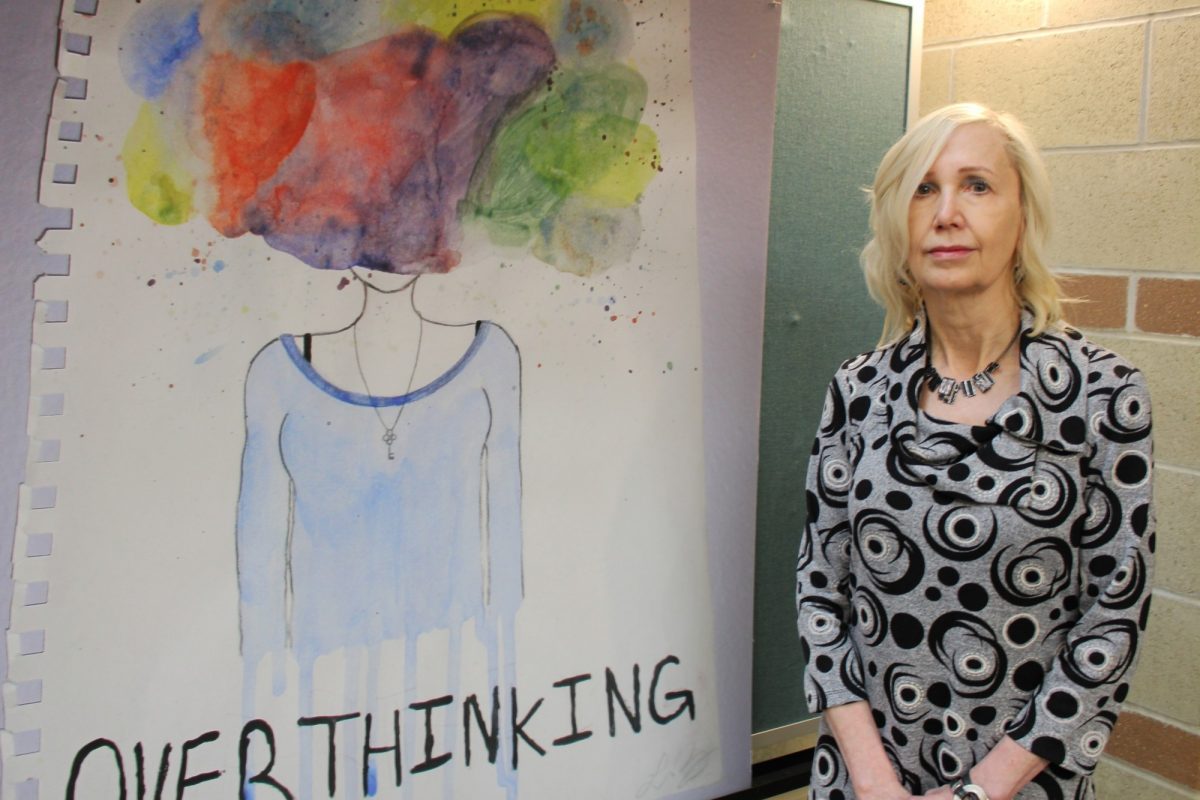
Dr. Roberta Woodgate in 2019. Woodgate will employ an arts-based approach, along with other methods, in her latest project.
Nursing prof focuses study on mental health model for First Nations children
Dr. Roberta Woodgate, a distinguished professor with the College of Nursing, Rady Faculty of Health Sciences and Canada Research Chair was recently awarded nearly $1.3 million from the Canadian Institutes of Health Research (CIHR) for a five-year project that aims to evaluate the impact of a distance-based mental health-care model for First Nations children in Manitoba.
Woodgate, Canada Research Chair in Child and Family Engagement in Health Research and Healthcare, said approximately 20 per cent of youth in Canada experience mental health issues.
“The rate of mental illness and need for access to mental health care is especially troubling for First Nations youth,” she said. “As a result of colonial processes, First Nations youth are at higher risk for developing a mental illness, misusing drugs and alcohol, and dying by suicide compared to non-First Nations youth.”
Woodgate will study the enhanced telemental health services (ETHS) model developed by the Manitoba Adolescent Treatment Centre in 2017. Telemental health involves the delivery of health information and services through such technology as teleconferencing between patients and their health care provider.
The is based in Jordan’s Principle, a child-first principle developed to ensure that First Nations children receive the government services they need without barriers. It aims to deliver mental health-care that is culturally appropriate, acceptable, sustainable, cost-effective and rooted in the community.
Woodgate will study the model in the four First Nations communities of Island Lake Anishininew Nations, leading a team that includes several community members.
The project was developed following lengthy discussions with board members for the Four Arrows Regional Health Authority (FARHA) of the Island Lake Tribal Council.
“Working with the communities, we are looking to find out how culturally appropriate, acceptable, and effective the ETHS model is to improving access to mental health services for First Nation youth. The findings may be used by the communities and FARHA to make decisions on how to improve the model,” she said.
The team will also seek out advice from Elders in the communities. “We want to make sure the research works for and with the communities and not on them,” Woodgate said.
Youth from the participating communities also will be hired and trained in research project skills. Working alongside the project coordinators and researchers, they will contribute to research activities at all stages, thereby building local research capacity.
Woodgate, an expert in youth-centred, arts-based research plans to use several quantitative and qualitative methods to collect her data from youth, families, community members and service providers.
Among the arts-based methods she plans to use in the study is a method called body-mapping, which involves participants drawing life-size images of the body that can be filled with symbols, words, images, or other representations to visually represent aspects of their lives and worlds.
“Using arts-based methods has a strong social justice history and engages youth in a culturally-sensitive way creating a safe space for youth to share their perspectives,” she says.






